
(for Chronicle of Higher Education)
The recent release of ChatGPT, a language-generating tool from OpenAI, has inspired dark fantasies in the minds of some humanities teachers. But if we treat learning (not distinction) as the goal of education, then generative AI looks more like an opportunity than a threat. As software that can simulate human thinking, it may indeed create some thoughtless students who rely on it too heavily. But it might also create students who are ready to think twice, to push beyond statistically likely ways of thinking.

The Case for an Awkward Convention
(for The Washington Post)
“Awkwardness is good for more than giggles. It helps to resolve a paradox faced by every party convention. As a demonstration of party competence, the convention must go smoothly. But as a stage for political expression, it must feel real — and, whether party leaders like it or not, this means free to go really wrong. It’s a tricky balancing act. Stage-manage the action too tightly, and no one will believe a word you say; cut things too loose, and your party will never live it down.”

Offending the Audience
(for the Lights Camera Action Committee)
“Since the earliest days of his campaign, people have compared the U.S. president’s frequent rallies to the button-pushing act of an insult comic. He mocks people, imitates them, and calls them nasty names. But unlike an insult comic—he doesn’t aim this mockery at people in the room, or even at people who exist. Instead, he invokes absent people (“Some people say…,” his comments often begin) or even creates them out of whole cloth, tailor-made to be mocked!
“Trump may take it extremes, but this tactic is typical: the drama of giving offense has always been founded on a fiction. The offended party may exist, but in the moment of performance—during a Trump rally, or at a performance of Handke’s play—the literal existence of this offended person is immaterial.”
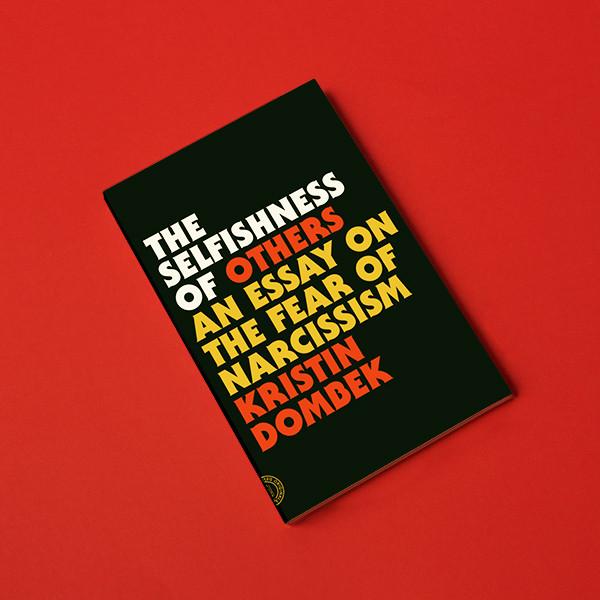
The Art of Confession: A Selected Bibliography
The Seminar Co-Op blog (read here)
“Confessional artists are often tarred as narcissists: people so self-involved, they can’t even see an inch beyond themselves.”
An essay about American intellectual discourse on narcissism, from Lionel Trilling’s Sincerity & Authenticity (1972) and Christopher Lasch’s The Culture of Narcissism (1979) to Kristin Dombek’s The Selfishness of Others (2016).
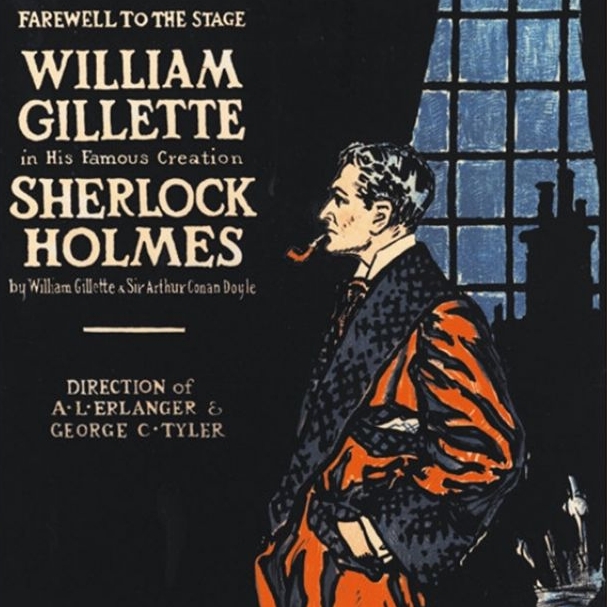
The Case of the Missing Detective
(for the Los Angeles Review of Books)
"WHEN AN ACTOR plays Hamlet, who directs him to strike The Pose? (You know: elbow bent, face in profile, eye to eye-socket with a skull.) ... And who reminds the latest Sherlock Holmes to wear a deerstalker cap, to smoke a curved pipe, and to crow, 'Elementary, my dear fellow'?"
Answer: Edmund Kean, the Romantic era's favorite Hamlet; and William Gillette, who originated the role of Holmes. Long thought lost to history, Gillette's influential performance is back in a recently rediscovered silent film.

Hollywood Calling
(for the Los Angeles Review of Books)
"[Luise Rainer] never outran one minor achievement from 1936: a four-minute scene in a three-hour film that you’ve probably never watched. ... Legend has it that this scene single-handedly won Rainer an Oscar. ... And like that, Hollywood had discovered another law of nature: as night follows day, so Oscars follow telephone scenes."
Now, the Oscar-bait telephone scene is back in a big way: two films up for consideration this year consist entirely of telephone calls: Locke (2013, dir. Steven Knight) and The Phone Call (2013, dir. Mat Kirby).
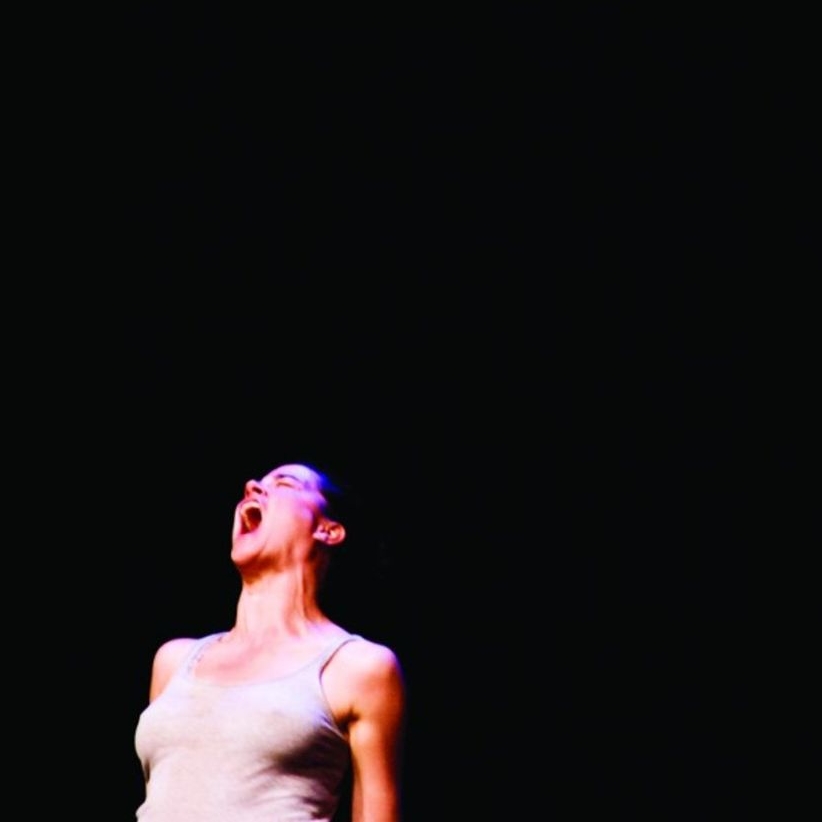
Lending an Ear
"As soon as you begin to refashion your own hearing this way, you’ll understand how elusive sound can be. You might begin to worry, as Roland Barthes does in his most famous essay on voice, 'am I alone in perceiving it? am I hearing voices within the voice?' Hopefully you’ll conclude, as Barthes does, by asking, 'isn’t the truth of the voice to be hallucinated?'"

Memoir 2.0; or, Confession Gone Wild
"Wild is Cheryl Strayed’s first confessional memoir—unless, of course, you count her name. As Strayed recalls about a third of the way through Wild, she authored that briefest of autobiographies on a set of no-fault divorce papers in 1994. Obsessed by the blank line where she was to write her new name, she toyed with outlandish possibilities—“names of movie stars and cartoon characters and strange combinations of words that weren’t rightly names at all”—before finally deciding on this two-word mea culpa."

Refined Mechanicals; or, How I Learned to Stop Worrying and Share the Stage
"The last five years have brought an outpouring of such compendious books on performance and the digital. This flood is a delayed effect, no doubt, of the commercial Internet’s landfall fifteen years ago, but few scholars (Causey and Salter included) have limited themselves to a narrow consideration of 'networked performance.' Instead, the ubiquity of digital and networked technology in our lives has prompted many scholars to examine the wider influence on performance of recent changes in science, media, and technology more generally."
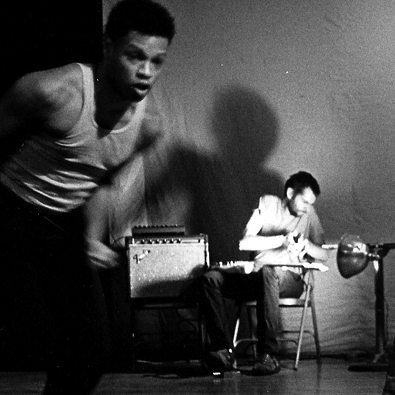
Canonical Improvisations: The Case of Them
"The recent revival of Ishmael Houston-Jones’s Them, a multidisciplinary dance event from the mideighties, joins a host of similar attempts (across all the temporal arts) to resurrect experiments from decades past. In doing so, it faces particular challenges.
Postmodern dance has seldom spoken in the past tense. Determined to discard inherited styles—and even to avoid the self-continuity that sustains style as such—its choreographers have preferred to grace their moments lightly."
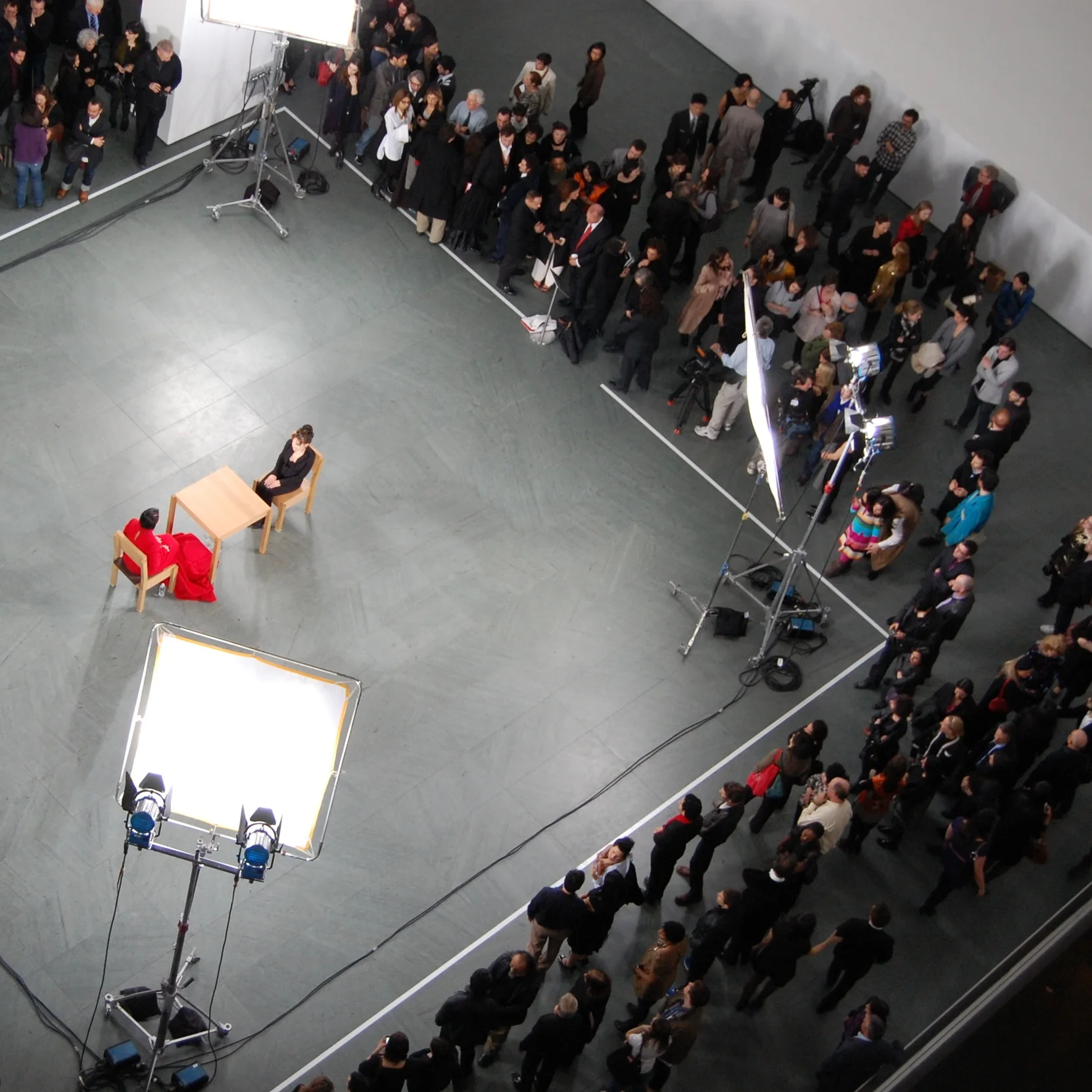
Twice Real: Marina Abramovic and the Performance Archive
"I was there on a preview day and had received bogus information that she would not yet be performing, but there (suddenly) she was—sitting as she would for every second the museum was open over the coming months— anchoring the vast space of the second-floor atrium to its center. Across a plain wooden table from her, an empty chair awaited any visitor who wanted to sit with her for a spell. With her eyes set in a thousand-yard stare and her face clammy, waxen with another day of perfect stillness, she looked to me like a corpse—or else a premature effigy of herself."










